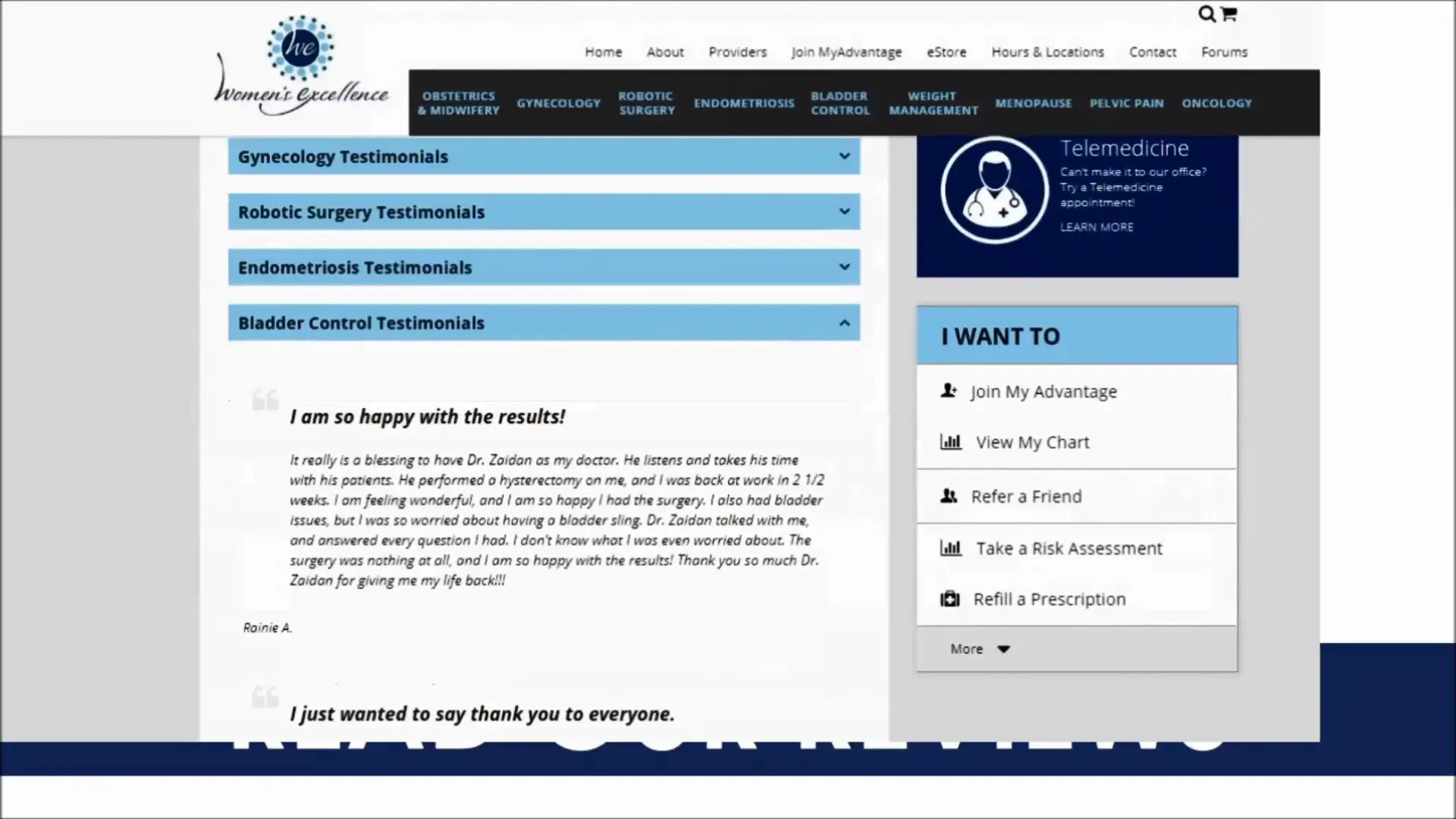Sometimes you might wonder whether you are going into labor. Here are signs of labor approaching weeks or sometimes days before labor begins:
Bloody show or losing the mucus plug:
- The thick gelatinous plug of mucus that is formed within the cervical opening during pregnancy to protect the inside of the uterus from infection.
- Begins to break down as the cervix dilates, effaces and softens
- As parts of the mucus plug come out, it may appear chunky or stringy (some describe it looking like “snot”), it may be clear, pink or blood streaked.
- Some women notice this and others do not.
- Indicates labor may start within hours or several days.
Rupture of amniotic membranes spontaneously:
- Rupture of membranes can occur at any time–anywhere! As you get closer to your expected due date, you may want to keep an old towel in your car for an unexpected spontaneous rupture of membranes. Call your midwife if you think your water may have broken.
- Amniotic fluid should be clear and odorless. It may also be pink-tinged, green or another color or foul smelling. Foul smelling amniotic fluid may be a sign of an infection. Call your midwife if you ever think your water may have broken.
- It does not have to be a gush. It may be a small leak, trickle, or cause your underwear to feel only slightly damp. *Go to the hospital and tell the nurse you’re a Women’s Excellence patient.
- Sometimes near the end of pregnancy, it may be difficult to tell the difference between leaking urine or amniotic fluid as the uterus near term is resting on top of your bladder.
Lightening:
- Your belly is much lower; some women may say to you that you’ve “dropped.”
- You may find it easier to breathe, sleep and eat with baby now deeper in the pelvis.
- Most mothers notice how much more comfortable they are when this happens, while others around them may notice how different her pregnancy shape is.
Burst of energy:
- Throughout your pregnancy, you may feel ready to take at any time. You will notice a definite change in feeling the urge to clean, make lists, organize, and handle similar tasks. Try not to over do it. You may want to pace yourself in case you go into labor soon after this.
Effacement and dilation of the cervix:
- Effacement is the thinning of the cervix in preparation to dilate. Dilation is from 0 (closed) to 10 cm. Ten centimeters dilated is when you’re ready to begin pushing your baby out.
Braxton Hicks contractions are practice contractions. Your body is practicing for the big day-Labor day! The difference between Braxton Hicks contractions and true labor contractions are the following.
True labor contractions signs:
- True labor contractions will become consistent and closer together, get stronger, and last longer. When they become approximately five minutes apart for a least one hour, call your midwife.
- No matter what position changes are tried, the intensity, frequency, and length of contractions are not affected.
- Your membranes may spontaneously rupture.
- You may have some bloody show.
Braxton Hicks contractions will not:
- Be consistent, last longer, or become more intense over time.
- Make cervical change.
- Will feel different with position changes-discomfort typically is minimized.
Braxton Hicks contractions:
- Can be caused by position changes, intercourse, having a full bladder, emptying your bladder when it’s full, or feeling dehydrated.
- Can be uncomfortable for some women, some of the time.
- To alleviate discomfort associated with Braxton Hicks, take a warm bath or shower, drink two glasses of water and lie down on your side for an hour to relax, or try drinking warm milk or tea.
- Remember-Braxton Hicks happen for a reason!
Your body will begin practicing for labor sometime during your pregnancy, in some Braxton Hicks can be felt as early as the second trimester. Near term, having Braxton Hicks contractions may help to soften the cervix or begin effacement.
Labor contractions:
- Early labor contractions are painful contractions that are felt as discomfort or a dull ache in your back and lower abdomen, along with pressure in the pelvis.
- Some women describe early labor contractions as similar to strong menstrual type cramps.
- You might have a small amount of bleeding from your vagina.
- True labor contractions are not stopped by changing positions or relaxing.
- Although the contractions might be uncomfortable, you should still be able to relax between contractions.
The signs of labor approaching can be a joyous time for women. It isn’t uncommon to have some doubt about whether you are in labor or not. Contact Women’s Excellence to schedule prenatal appointments so our practitioners can help you learn the differences.







